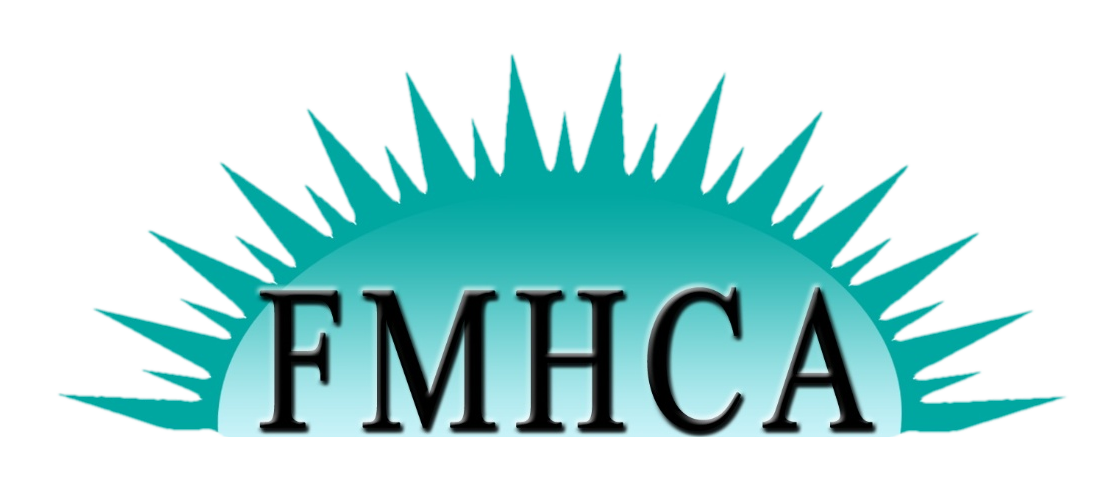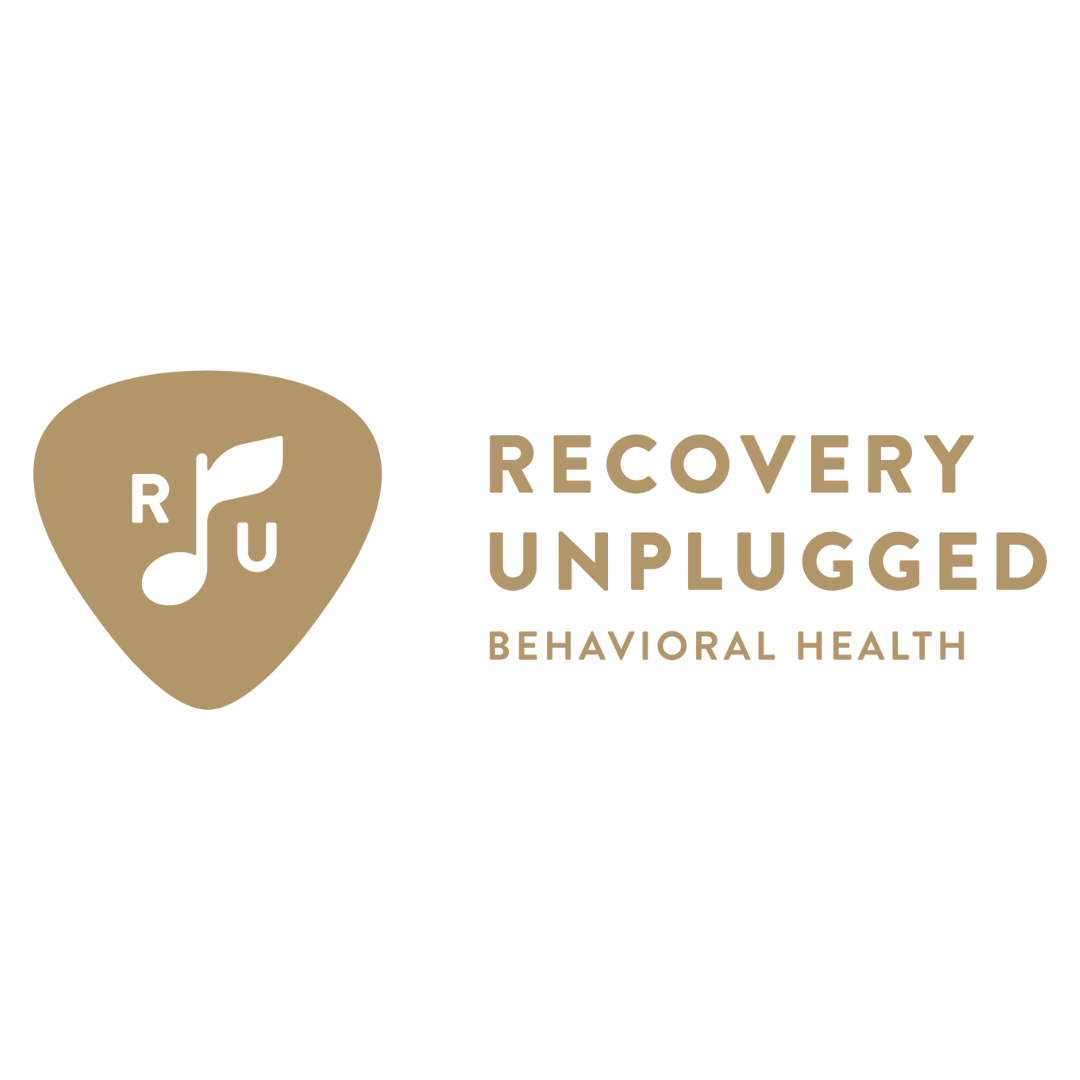Upcoming Events
-
America/New_York
23 Jan 2026 2:00 PMOnline (Zoom)
-
America/New_York
26 Jan 2026 12:00 PMOnline via Zoom
-
America/New_York
04 Feb 2026 6:00 PM1501 International Parkway Lake Mary, Florida 32746
-
America/New_York
05 Feb 20261501 International Parkway Lake Mary, Florida 32746
-
America/New_York
20 Feb 2026 8:00 AMVirtual (Zoom)
-
America/New_York
27 Feb 2026 9:00 AMOnline (Via Zoom)
Featured Members
FMHCA is a chapter of the American Mental Health Counselors Association, and is the only organization working exclusively for LMHCs in the State of Florida.
Menu
Log in
15673 Southern Blvd. #107, Loxahatchee Groves, Florida, 33470 (P) 561-916-5556 (E) Office@FLMHCA.org |
Powered by Wild Apricot Membership Software
 Florida mental health COUNSELORS association
Florida mental health COUNSELORS association




.png)




















.png)

.png)
.png)



